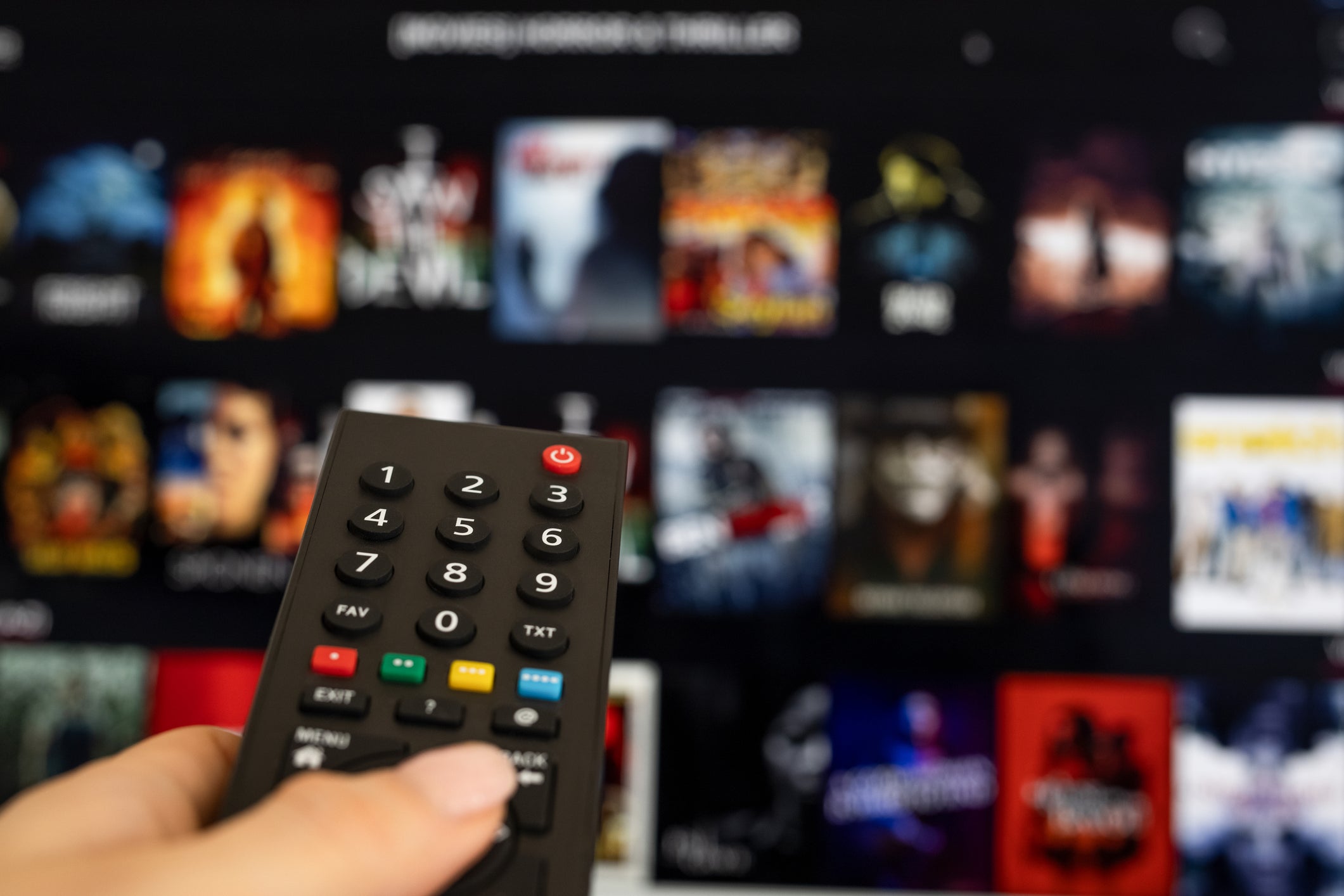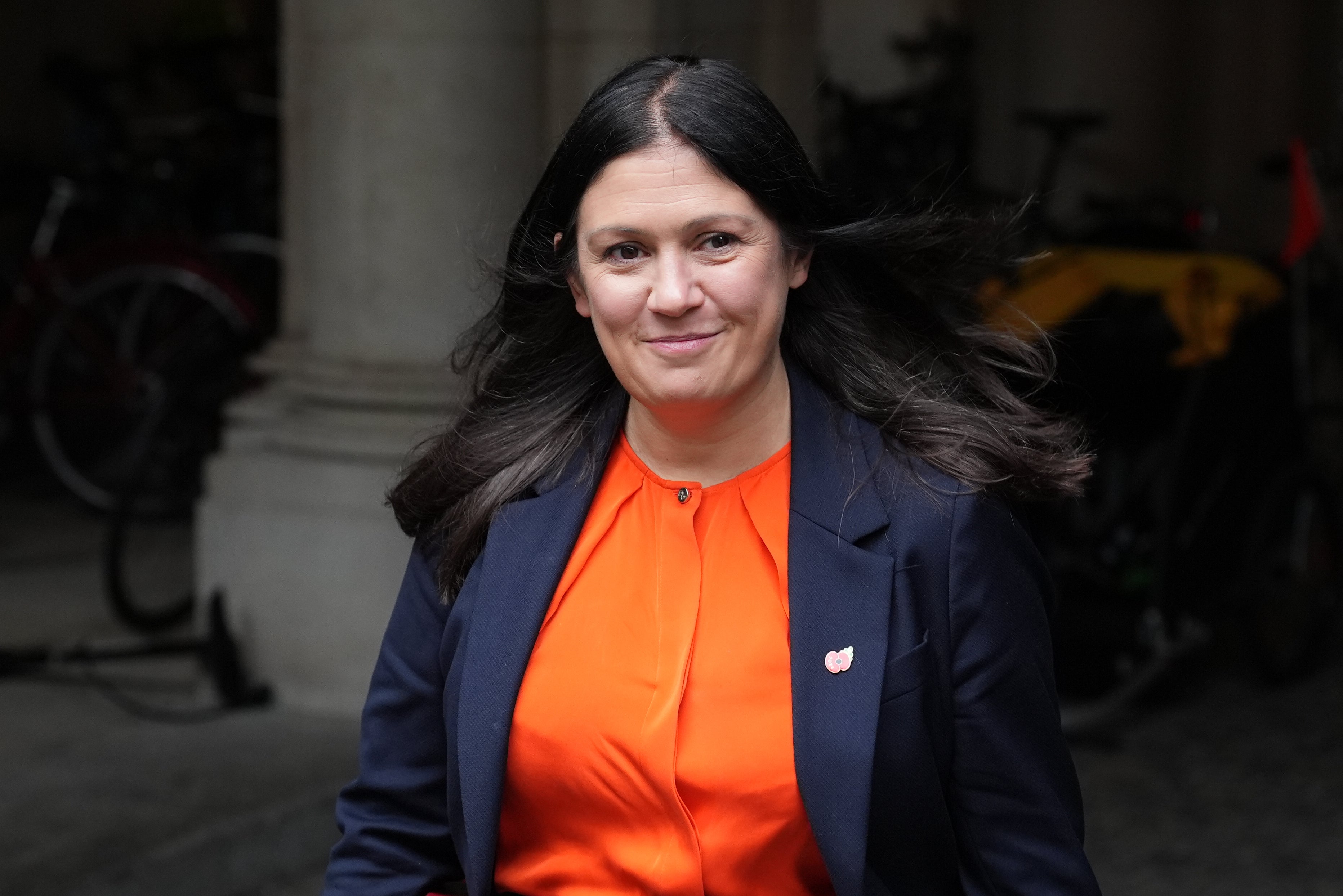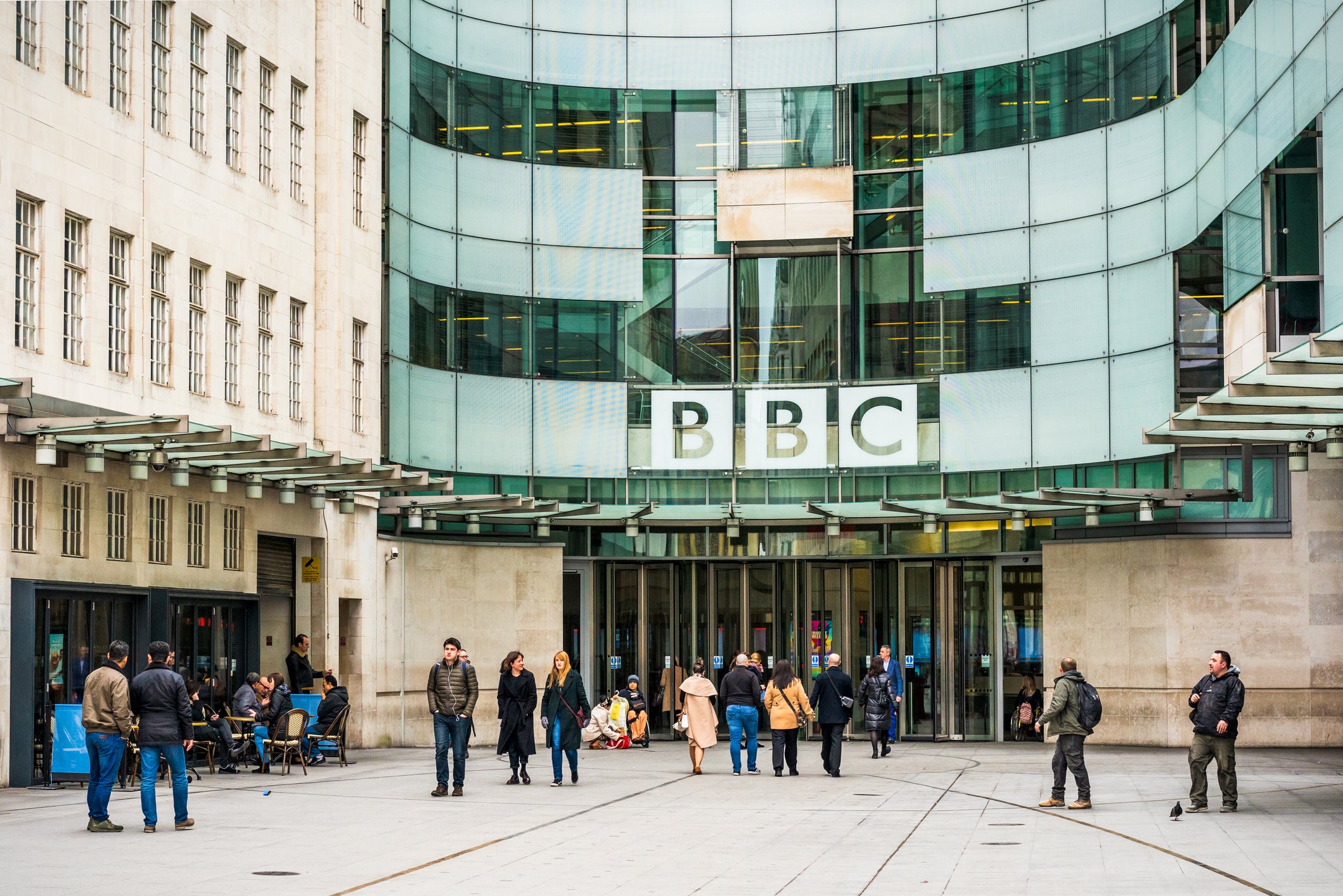What is the TV licence fee – and will UK viewers have to pay it to use Netflix?
New ideas under discussion could see viewers charged for using non-live streaming services

Your support helps us to tell the story
From reproductive rights to climate change to Big Tech, The Independent is on the ground when the story is developing. Whether it's investigating the financials of Elon Musk's pro-Trump PAC or producing our latest documentary, 'The A Word', which shines a light on the American women fighting for reproductive rights, we know how important it is to parse out the facts from the messaging.
At such a critical moment in US history, we need reporters on the ground. Your donation allows us to keep sending journalists to speak to both sides of the story.
The Independent is trusted by Americans across the entire political spectrum. And unlike many other quality news outlets, we choose not to lock Americans out of our reporting and analysis with paywalls. We believe quality journalism should be available to everyone, paid for by those who can afford it.
Your support makes all the difference.The government is reportedly exploring new ways to expand the TV licence fee as it looks to secure the future of the BBC. This could include introducing a fee to non-live viewing for the first time, in a move that would affect those who stream on services like Disney+ and Netflix.
The TV licence fee is currently £169.50, rising in 2024 after being frozen at £159 for two years. In April it will rise again, to £174.50.
Other options on the table include allowing the BBC to use advertising, creating a standalone fee for streaming services, or asking BBC Radio listeners to pay, sources told Bloomberg.
The government has acknowledged the BBC’s funding struggles, with Culture Secretary Lisa Nandy saying in November that streaming giants and changing viewing habits represented real challenges for the public broadcaster.
It has also seen a decline in licence fee income of over 30 per cent in recent years, with the two-year freeze on the rate meaning less funds than planned were available.

The issues have led the BBC to make considerable cuts in a drive to save £700 million a year. In October 2024, its news service announced that 155 jobs would be lost, in a drive to save £24 million.
Ms Nandy has said she is committed to upholding the licence fee until at least 2027, when a review of the BBC’s Royal Charter is due. The minister says this charter will include a public consultation to have “an honest national conversation about the broadcaster’s long-term future.”
This means any planned changes are unlikely to take place until then, and should be subject to a degree of public scrutiny.
What is the TV licence fee?
The TV licence is a legal permit that must be acquired to watch or record live programmes on any device. If you watch or record broadcasted TV programmes, you must have a TV licence either through purchase or given free to those receiving pension credit and 75 years or older.
All forms of transmission include using the BBC iPlayer on a smart television, laptops and tablets. It is not only BBC services that require a fee – streaming live sports also requires a TV licence.
The licence fee pays for TV, radio and online programmes and services including iPlayer, Radio 1, CBeebies and the World Service. It also funds Welsh language TV channel S4C and local TV channels.

The licence fee was introduced in June 1946, when television broadcasts resumed following the Second World War. It is now reported to be worth over £3 billion to the BBC.
A BBC spokesperson said: “We want everyone to get value from the BBC, which is why we’re focused on delivering what audiences want from us – trusted news, the best homegrown storytelling and the moments that bring us together.
“The public cares about the BBC and this year, we will launch our biggest ever public engagement exercise so audiences can help drive and shape what they want from a universal and independent BBC in the future. We look forward to engaging with government on the next Charter and securing the long term future of the BBC.”
Join our commenting forum
Join thought-provoking conversations, follow other Independent readers and see their replies
Comments